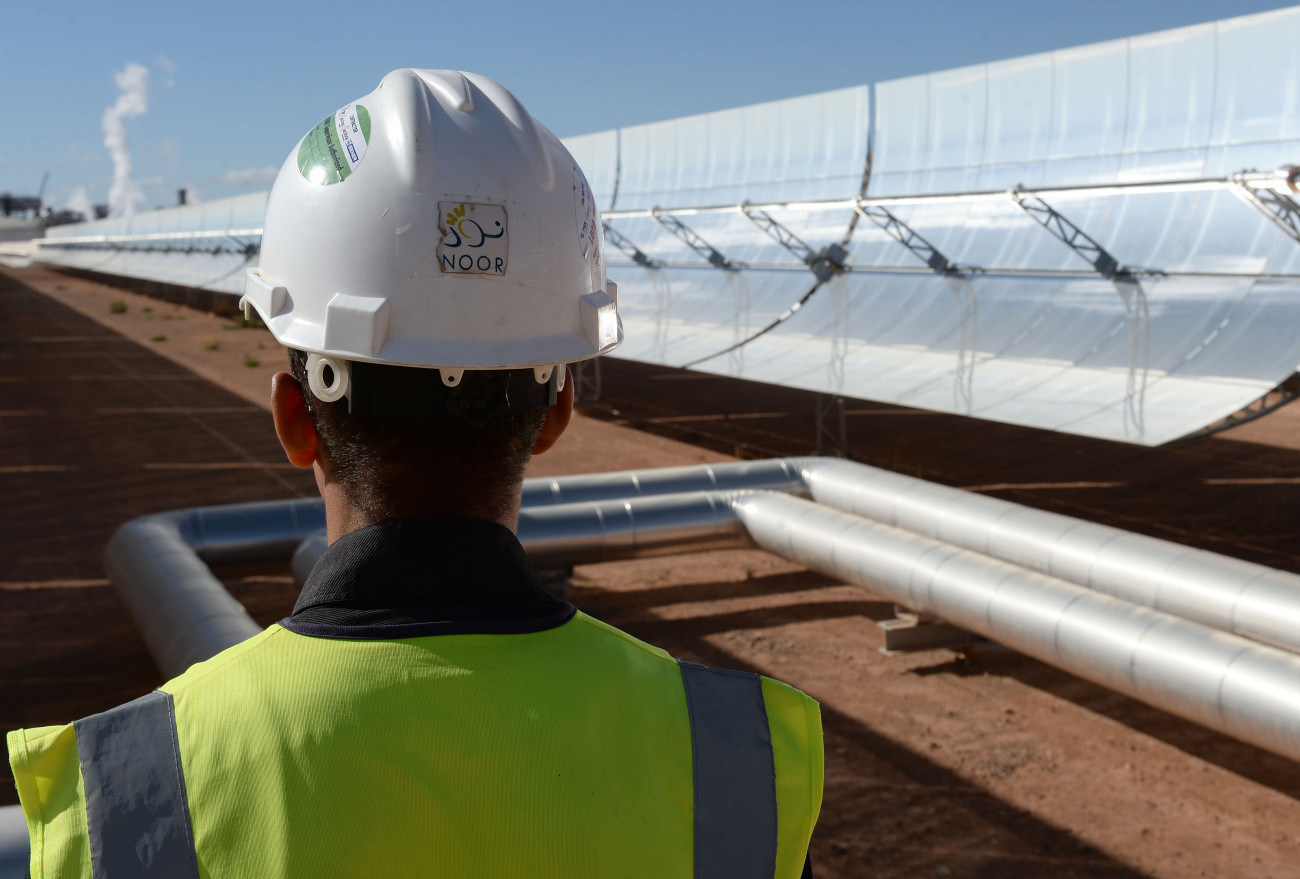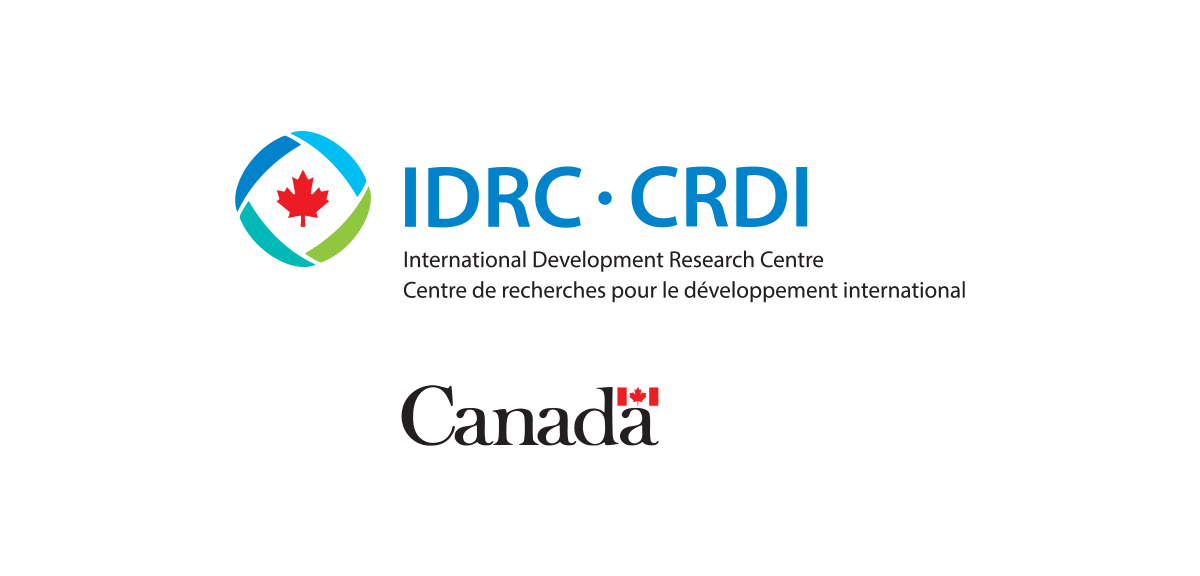

About the Project
This project, funded by International Development Research Centre - Canada and implemented by the Economic Research Forum, the Middle East Institute, and the Lebanese Center for Policy Studies, explores how MSMEs in the MENA region can drive inclusive and equitable economic growth through the clean energy transition. Focusing on Jordan, Lebanon, Egypt, Sudan, Morocco, and Tunisia, the research assesses existing policy frameworks and impediments to renewable energy adoption, expands the knowledge of sustainable behavior at the enterprise level, and assesses factors influencing the adoption of green energy, with an eye to informing stakeholders and public debates around these issues.
Report Synopses
Empowering Jordan’s MSMEs
Accounting for over 99% of Jordan’s enterprises and employing 60% of its workforce, MSMEs play a crucial role in the kingdom’s renewable energy transition. Renewables can contribute to economic diversification, drive job creation, and reduce dependence on fossil fuels, provided issues around cost, regulation, and skilled labor availability can be addressed.
Extended Interview:
Drivers of Renewable Energy Adoption by Egypt’s SMEs
Among Egyptian SMEs, firms that are credit-constrained, those that are female owned, and those with a larger youth workforce are more likely to adopt renewable energy. To facilitate more widespread use of renewables, policymakers should prioritize removing the impediments facing women entrepreneurs, increasing targeted technical education among youth, and raising awareness of the benefits of renewable energy more broadly.
Extended Interview:
The Role of Lebanon’s MSMEs in the Energy Transition
With unreliable electricity and limited financial support amid Lebanon’s economic and energy crises, many MSMEs are adopting renewable energy, especially solar, despite high costs and regulatory barriers. MSMEs have been central to the country’s energy transition and will play a pivotal role going forward in fostering sustainability and shaping a resilient, low-carbon future.
Extended Interview:
Tunisian MSMEs and the Shift to Renewable Energy
Economic challenges, the slow pace of reforms, lack of access to finance, and reliance on fossil fuels have hampered Tunisia’s energy transition. These same issues have also affected local MSMEs, alongside energy efficiency and market constraints. While Tunisian MSMEs are aware of renewable energy, they lack broader knowledge of the energy sector. Overcoming regulatory and financial barriers to renewables adoption could offer economic opportunities, especially for youth and women.
Extended Interview:
The Energy Transition and MSMEs in Sudan
Local MSMEs in Sudan generally view renewable energy positively and are open to adopting it, but political instability, the weak regulatory environment, and high upfront capital costs have limited wider uptake. The increase in adoption of renewable energy since the start of the civil war is proving the benefits of decentralized systems and presents an opportunity to incorporate renewables in post-conflict reconstruction of Sudan’s energy infrastructure.
Extended Interview:
Renewable Energy and Morocco’s New Green Industries
Morocco’s success as a regional leader in renewable energy stems from its multi-faceted green energy ecosystem, which is giving rise to international export supply chains based on production of green hydrogen, phosphates, other minerals and metals, fertilizers, agri-food products, and electric vehicles. Amid efforts to boost green industrial manufacturing and agricultural production, a synergy is emerging between expansion of Morocco’s renewable energy sector and increasing formal employment of women and youth.
Extended Interview:
Produced in Partnership With:


This work was carried out with the aid of a grant from the International Development Research Centre, Ottawa, Canada. The views expressed herein do not necessarily represent those of IDRC or its Board of Governors.










